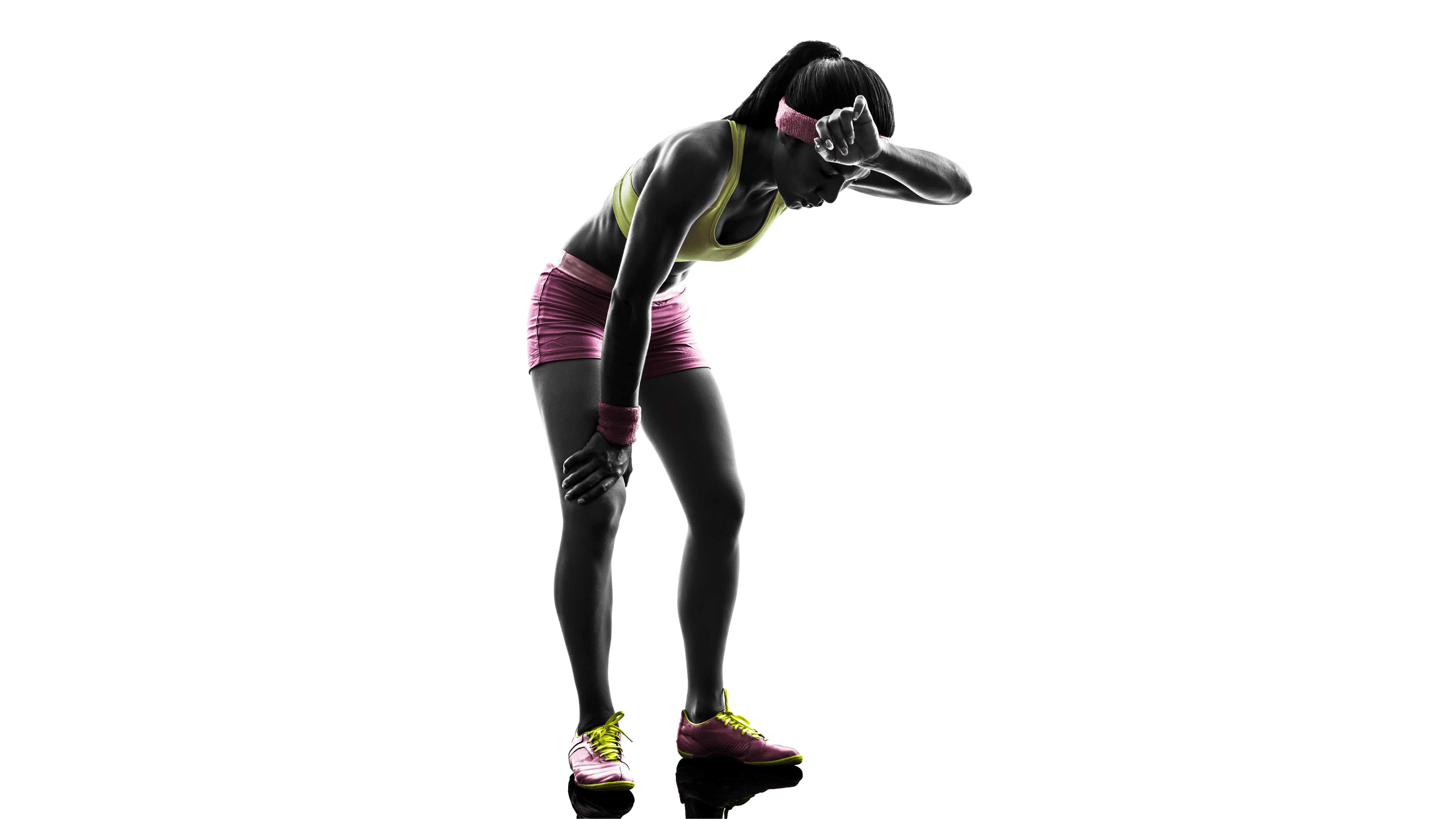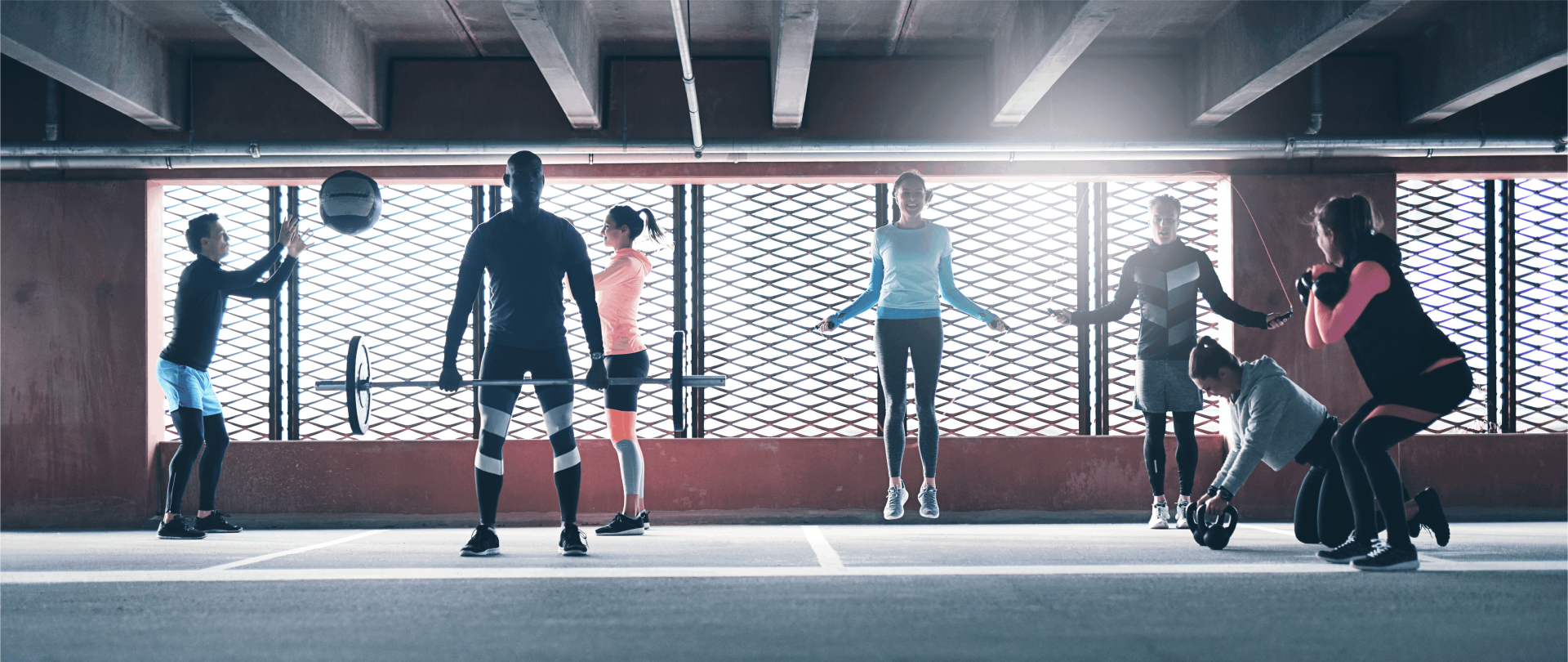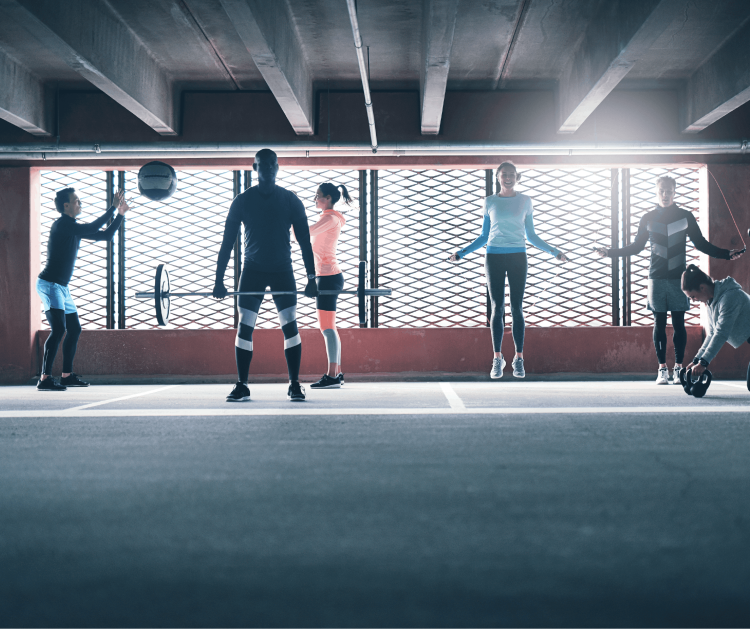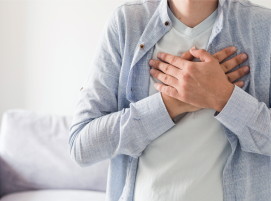Doing exercise is always a good thing, right? Not necessarily, says Cardiologist DR ADRIAN CHEONG. What’s important for your heart health is doing the appropriate exercise for you as an individual.
The more exercise we do, the healthier we’ll be. Is that right?
Exercise is a double-edged sword. We know that regular exercise makes you feel better and happier, and is associated with increased longevity. On the other hand, we’re now learning much more about the effect of exercise on cardiovascular health – the heart and blood vessels. In fact, we’ve developed a new sub-speciality called “sport cardiology”, looking at the cardiovascular systems of professional and amateur sportspeople. Over the past 10 years, we’ve realised that the amount of atheroma (heart artery blockage) present in a person’s arteries correlates with the intensity and duration of exercise they do every week.
That’s quite a surprising thing for most people; they think, “If I exercise, my arteries won’t block up.” However, when you exercise, especially when you do extreme exercise, your body becomes inflamed. The immune system becomes almost too excited. And this can sometimes cause collateral damage to the arteries, allowing cholesterol to burrow itself into the artery walls and cause blockages. The flipside is that, because of the beneficial effects of exercise, most of these blockages never grow to be very big.
So, the trick for cardiologists – and for the general public – is to determine what level of exercise is actually safe.
Often, a person won’t feel a problem building inside their body until they have a symptom. By the time they have a symptom, sometimes that problem is already very advanced.
Can you give an example of cardiac issues in a sporty patient you’ve seen?
I saw a very fit 42-year-old before he competed in a European ultra-marathon. To take part in the event, he required pre-participation screening (an ECG and more). I did all the tests, ran him on a treadmill, observed his heart’s response – everything looked normal. So I signed him off and he went and did his ultramarathon.
A year later, he saw me again here in Hong Kong and he said, “I did a longish run over the weekend, and towards the end I felt some chest pain.” I took this seriously and sent him for an advanced test – a CT scan. And we found extensive blockages in important arteries. We ended up putting in a stent and giving him strong medication to reduce the chance of the problem arising again.
This was a shock to him, and also a shock to me; you wouldn’t expect someone like that – a non-smoker with no significant family history, a normal cholesterol level, no diabetes and an essentially vegan lifestyle – to develop severe artery disease at that age.
Since then, I’ve found more people with this profile. The moral of the story is that, as doctors, we have to be extra-vigilant with patients who are theoretically very fit, because the fitness can mask the signs. Fit people are used to “working through the pain”; also, their bodies have extra compensatory mechanisms to cope with symptoms. This may cause a person to think something is normal when it isn’t.
Is it possible to over-exercise?
It’s a risk and benefit balance – a case of “net-net”. Exercise is still good for you. If it’s beneficial for your psychological status, if it’s making you happier, making you fitter in general, then it’s going to extend your longevity.
However, as a medical community and as patients, we need to be aware of the correlation I mentioned earlier between intensity and duration of exercise and degree of artery damage. We need to identify at-risk patients and screen them, so we can pick up those who need extra help.
Can a person appear 100 percent fit and still be harbouring a heart illness?
Absolutely. The human body has massive “reserves”. We’re born with two lungs, yet we only need one to survive. We only need half of our liver, or less, to survive, we have two kidneys, and so on. We use up these reserves over the course of our long lives – and the rate of this will depend on our lifestyle, our diet, how much we abuse our bodies, and so on. Generally, you can use up these reserves – including cardiovascular reserves – and still feel absolutely fine until that moment when you’re about to “drop off the cliff” as far as your health is concerned – then you start feeling something. By that time, however, the problem can be very advanced.

What symptoms might a sporty person experience that indicate a problem with their heart health?
One of the most important symptoms to recognise is feeling discomfort when you’re exerting yourself. This might be chest pain or shortness of breath, or perhaps you feel your heart is beating too quickly compared to the level of exertion. And, if you start feeling these things at a low utilisation of your particular reserves – for example, if you normally run up the stairs and your heart’s pounding harder than normal when you’re only walking up them – that’s a sign of a problem.
What course of action do you recommend for people of various ages as far as heart health goes?
The most important thing is to maintain mobility, especially as you age. But don’t go to extremes. If you read this article and suddenly decide to do a lot of exercise, that’s not a great idea if your body’s not used to it. Someone who is normally quite sedentary needs to start gently. Build it up to where you’re comfortable, and where you can sustain it. And try not to binge your exercising on the weekend only.
One of the very best sports, in my opinion, is swimming. Among my patients, the octogenarians and nonagenarians who look amazing are the ones who swim every day. Swimming increases the heart rate, uses all the muscles in the body, and has a lower chance of injury.
When sporty people are injured, the healing process can require lots of rest. Is Deep Vein Thrombosis (DVT) a potential problem there?
Yes, absolutely. There are two types of blood vessels: the arterial system and the venous system. The latter, which carries blood from your organs to your heart, is a low-pressure system – there’s no “pump”. Instead, when you walk around, the muscles contract and squeeze blood back through the heart.
When a sportsperson is injured, they might get put in a cast, or be prevented from using certain muscles. As a result, the blood that’s normally squeezed by these muscles gets stale. And, just as a stale pond develops mosquitoes, when blood doesn’t move, clots form. If you massage that area or suddenly start walking after a cast is removed, a clot can dislodge and get pumped into the heart causing thrombosis, which is another form of heart disease risk.
What do heart checks and screenings involve?
There are different levels, but the most basic way to screen for heart problems, especially before you embark on an exercise regime, is to have an electrocardiogram – an ECG – and to have blood tests done. A doctor can learn a lot from these, and can also find out the status of the five classical cardiovascular risk factors in your body – smoking, family history, blood pressure, cholesterol, diabetes – to determine a course of action.
The main issue is identifying that there’s a problem and discussing with a doctor about the precautions you should take.
About Dr Cheong

After graduating from the University of Oxford, Dr Cheong worked in the UK for many years, including at Royal Brompton and Harefield Hospitals. His fellowship training was at Hôpital Bichat Claude-Bernard, Paris. His main areas of interest include coronary artery disease, minimally invasive procedures, valve disease and heart failure. He speaks English, Cantonese, Mandarin and French.

This article first appeared in the Winter 2020 issue of Expat Living magazine.
https://e-magazine.cld.bz/Expatliving-HongKong/December-February-2021/82/
https://expatliving.hk/heart-health-exercise-cardiologist-hong-kong/





